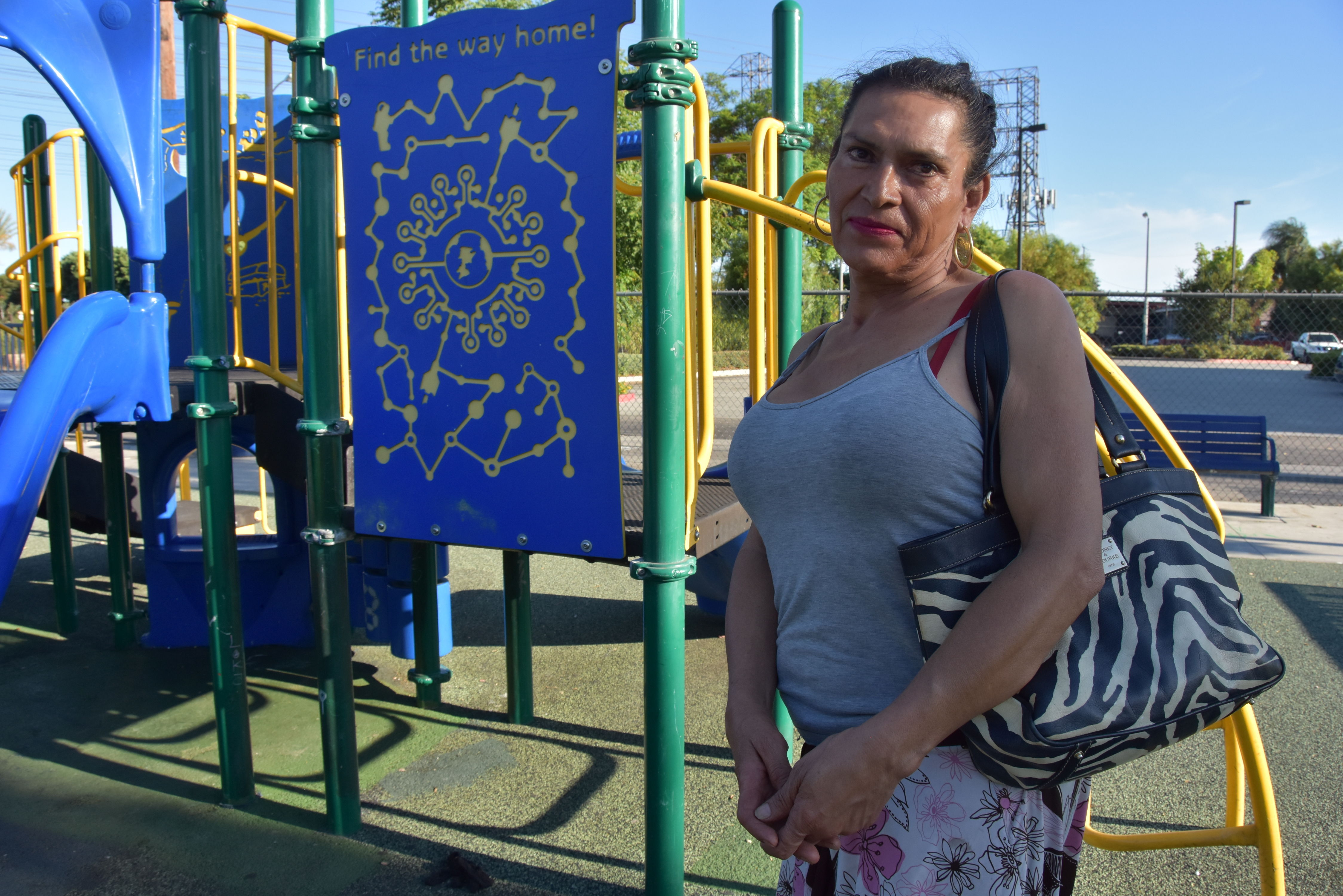
LatAm LGBT people fear asylum requests will founder with Trump
Latin American lesbians, gays, bisexuals and transgender people requesting asylum in the U.S. are finding it more and more difficult to be able to leave "insults and attacks" behind them because of the tightening of this country's immigration policies.
Aaron Morris, an attorney for the New York-based Immigration Equality organization, told EFE that of the 1,650 cases of LGBT immigrants that have been processed nationwide, "a third are Latinos."
"We know that Central American transsexuals are being attacked with impunity," said Morris, who added that to save themselves many people in this group are emigrating to the U.S. but, as soon as they request asylum at the border, an undetermined number of those requests are being rejected by U.S. authorities.
One of those who managed to begin a new life here "in freedom" is Guadalupe Sanchez, who left Mexico for the U.S. at age 25 "when I was already taking female hormones" because of a confrontation with her parents and harassment by gangs.
"They told me that if I didn't leave the neighborhood they were going to kill me," Sanchez, who had stones hurled at her that split her lip and broke a tooth, told EFE.
CONTENIDO RELACIONADO
"Wherever they found me there were insults, mistreatment. I decided to leave before they carried out their threats," she added regarding her last days in Mexico, in 1991, before she crossed the U.S. border without documents.
The Center for American Progress found in a study released on June 1 that there had been an increase in U.S. asylum requests by Latin Americans starting in 2011 due to the increase in violence and lack of security in their home countries.
Between 2011 and 2017, the number of asylum requests by people from Central America's Northern Triangle - El Salvador, Honduras and Guatemala - multiplied by 11 times.
Morris recalled that during the presidency of Barack Obama, there were not as many difficulties for members of the LGBT community to demand "their right to asylum."
"Since the start of (Donald) Trump's presidency, it's more difficult to request asylum because they don't even let them enter," he added.
The attorney emphasized that those who manage to get their case taken under review remain in detention centers longer. In the case of transgender individuals born male, they are taken to male centers "where 98 percent are the victims of intimidation, aggression or sexual harassment," he added.










DEJE UN COMENTARIO: